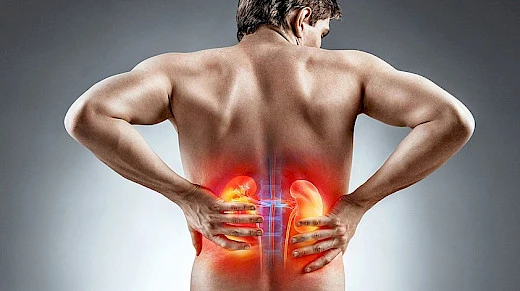Cypriots complain about high cost of living and insufficient benefits

Patients with end-stage renal disease and organ transplant recipients in Cyprus are concerned about serious gaps in state support, particularly highlighting high transportation costs to dialysis centers and inadequate financial assistance. These issues were discussed at a parliamentary Labor Commission meeting, where experts and patient representatives presented the alarming situation.
According to official data, there are around 1,600 patients undergoing hemodialysis on the island and approximately 1,000 transplant recipients. Over the past ten years, the number of patients with end-stage kidney disease has increased by about 9%, one of the highest rates in the European Union. Only two months ago, the World Health Organization included kidney disease in its list of the most deadly illnesses.
During the discussion, it was noted that in countries like Greece, patients with kidney failure receive a monthly allowance of €730, excluding transportation costs. In Cyprus, the transportation allowance is only €75 per month for city residents and €150 for those living outside urban areas. However, actual travel costs to dialysis centers, which patients visit three to four times a week, reach €100–125 per week — much higher than the state-provided assistance.
Moreover, not all patients even receive this modest transportation allowance: data from the Ministry of Social Integration of Persons with Disabilities indicate that only 952 patients are officially registered as recipients. Experts emphasized the need for an active information campaign — all potential recipients must submit the necessary applications to start receiving entitled support.
The discussion also highlighted employment and pension rights for people with end-stage kidney disease. Patient representatives reported that patients, often young — aged 30, 40, or 50 — are forced to reduce working hours or stop working entirely due to their health condition. This leads to loss of family income and limits pension rights: until the age of 65 they remain without income, and the pension itself will be small due to insufficient work experience.
The same applies to kidney transplant recipients. Both groups face restrictions: dependence on hospitals, inability to move freely, inability to lead a full family life, and strict dietary limitations, preventing, for example, weekend trips with family.
The head of the patient organization emphasized that apart from the transportation allowance, there is no other state support. Meanwhile, the Federation of Cypriot Patient Associations notes that its observation point "Patient Rights" regularly receives complaints about patients' difficult financial situation.
In conclusion, the commission stated that it will advocate for patients' demands and will forward information to the leadership of relevant ministries — the Ministry of Social Welfare and the Ministry of Health — urging them to present participants' statements to the highest political leadership.
You may also be interested in:
- Cyprus will raise the minimum wage once again: the new threshold is around €1125
- 113.1 mm of precipitation recorded in Paphos in one day — second highest December daily total
- Thefts of old cars are on the rise in Paphos: parts are going to the “black market” of spare components
- After the rains in Paphos, the dams were barely replenished — the water went into the ground
- In Paphos, sentenced to 8 years in prison for importing and storing cocaine


